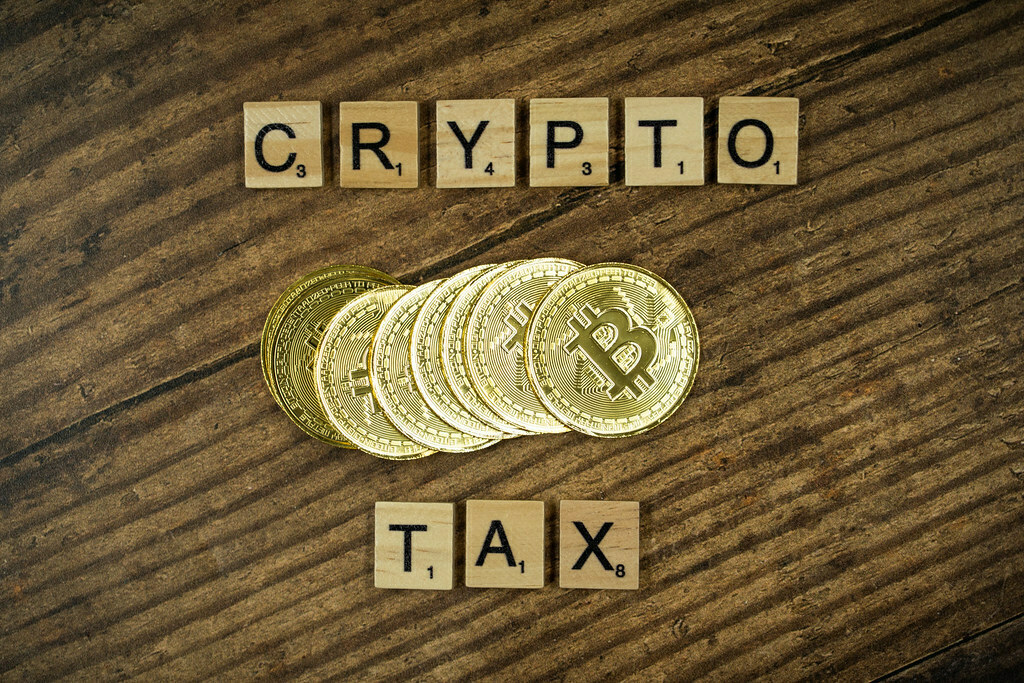Key instructions:
- Brazil has ratified a 15% tax on cryptocurrency profits earned on foreign exchanges, in line with the global trend toward digital asset regulation.
- Thailand is joining the effort to tax foreign income from cryptocurrency trading, reflecting a growing consensus among countries about regulating the cryptocurrency sector for economic sustainability.
Brazil’s Senate has ratified the following new tax regulations: 15% tax on cryptocurrency profits It is held on foreign exchanges. This significant development, scheduled to take effect from January 1, 2024, reflects Brazil’s evolving position on cryptocurrency taxation, in line with global trends toward regulatory oversight of digital assets.
Brazilian cryptocurrency tax law reform
The approved bill is awaiting final approval after passing through the Senate and House of Representatives. President Luiz Inácio Lula da Silva. These legislative changes spearheaded by the administration mean that Brazil is increasingly recognizing the economic importance of cryptocurrencies.
According to the new rules, Brazilian citizens who earn more than $1,200 per year from foreign-based cryptocurrency exchanges will be subject to taxation. The 15% tax rate is the same as the tax rate applied to domestically held funds. However, income earned before December 31, 2023 will be subject to a transitional 8% tax rate, after which it will rise to a full 15%.

Impact and Targeted Returns
The bill not only affects individual investors, but also extends coverage to “proprietary funds” and foreign companies active in the Brazilian financial sector. The government has set a 2024 revenue target of $4 billion, reflecting its commitment to harnessing the potential of the cryptocurrency market for economic development.
Brazil’s central bank has strengthened its supervision of virtual asset service providers despite Senator Rogério Marinho’s accusation that the tax was due to government mismanagement. This follows the Comissão de Valores Mobiliários’ vigilance on cryptocurrency-backed securities aimed at curbing potential tax evasion concerns amid the growing popularity of cryptocurrencies.
Also Read: Tax Rules in Spain: 2024 Crypto Asset Declaration Law Revealed
Global tax reform in the cryptocurrency space
Likewise, Thailand, previously recognized as a cryptocurrency-friendly country, plans to tax foreign income from cryptocurrency trading as part of a broader economic stimulus package. The Thai Tax Agency’s policy targets residents trading overseas stock markets and cryptocurrency and requires personal income tax on overseas income.
This move, which follows Brazil’s tax reform, highlights an international trend of governments imposing regulations on the cryptocurrency sector. These policies acknowledge that digital assets are increasingly being integrated into the mainstream financial system and emphasize the need for a balanced approach that ensures investor protection and financial responsibility.
ALSO READ: Australia implements capital gains tax on packaged crypto tokens.

